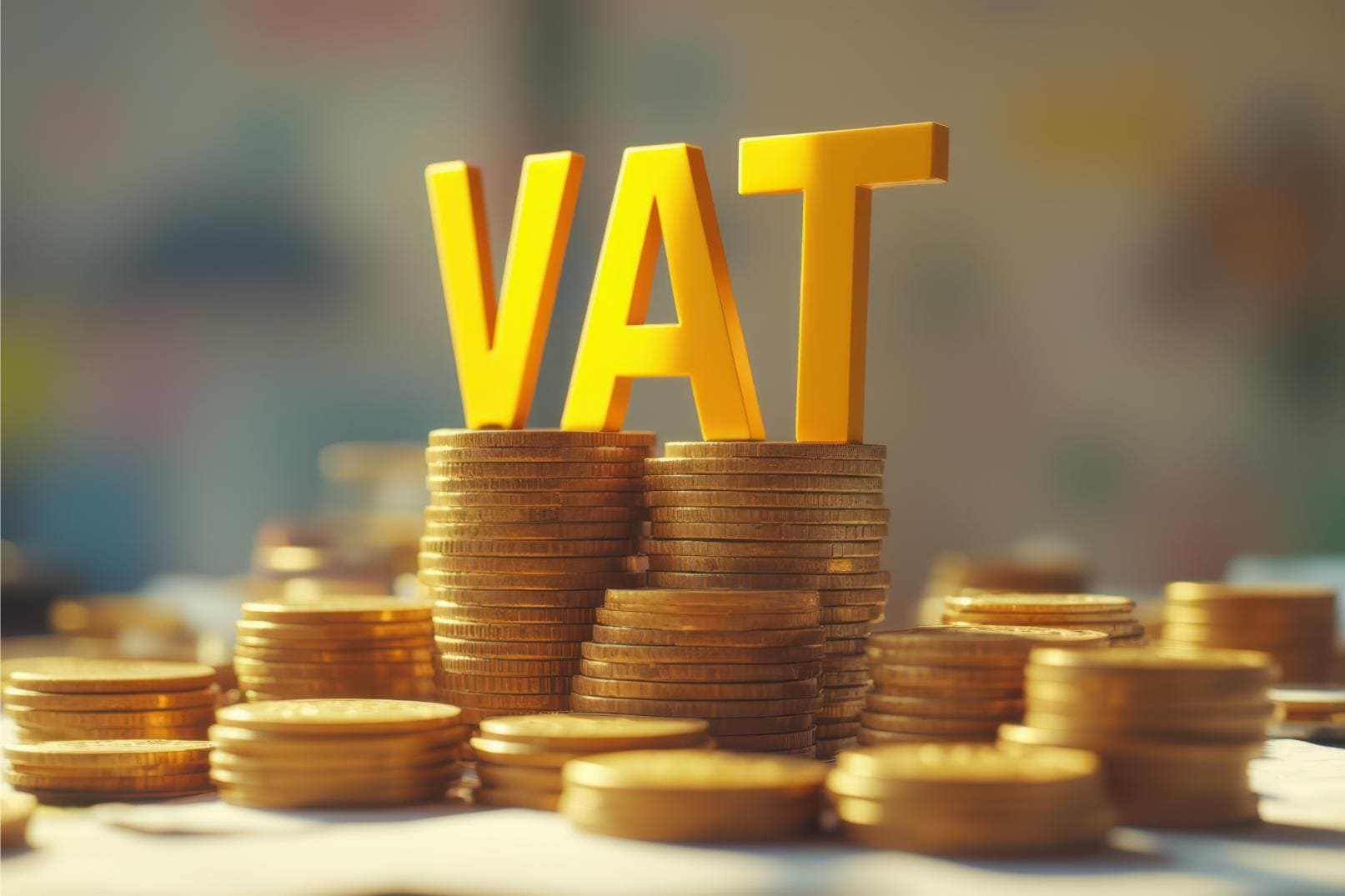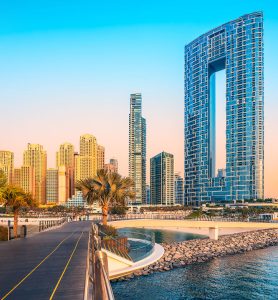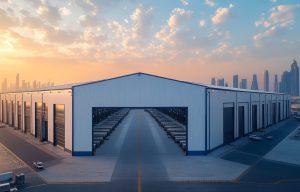Whether you’re already operating a business in a UAE freezone or contemplating establishing one, grasping the key differences between a freezone and a designated freezone is vital. Ignorance of these distinctions could lead to violations in VAT and corporate tax compliance, potentially incurring substantial fines. In this article, we delve into the nuances of designated and other freezones, their implications, and strategies to leverage these zones for qualifying for a 0% corporate tax rate.
What is a designated zone in the UAE?
- Rigorous Control Measures: These zones are governed by stringent control criteria to ensure proper regulation of activities within them.
- Security Procedures: There are mandatory security measures to oversee the movement of goods and individuals into and out of these zones.
- Customs Regulations: Customs processes are in place to monitor and control the import and export of goods from these zones.
- VAT Treatment: For certain transactions involving goods, these zones are considered outside the UAE territory for VAT purposes.
Businesses operating within Designated Zones will find that many transactions involving goods do not fall within the purview of UAE VAT, provided they meet specific criteria and maintain detailed records. However, it’s important to note that the provision of services within these zones follows the standard VAT regulations applicable in the UAE.
The establishment of Designated Zones is carefully regulated, ensuring that their use is limited to businesses genuinely engaged in fostering international trade on a VAT-neutral basis. This measure is not intended for tax avoidance but rather to support legitimate business activities and trade.
List of Designated Zones:
- Free Trade Zone of Khalifa Port
- Abu Dhabi Airport Free Zone
- Khalifa Industrial Zone
- Al Ain International Airport Free Zone
- . Al Butain International Airport Free Zone
- Jebel Ali Free Zone (North-South)
- Dubai Cars and Automotive Zone (DUCAMZ)
- Dubai Textile City
- Free Zone Area in Al Quoz
- Free Zone Area in Al Qusais
- Aviation City
- Dubai Airport Free Zone
- International Humanitarian City – Jebel Ali
- Hamriyah Free Zone
- Sharjah Airport International Free Zone
- Ajman Free Zone
- Umm Al Quwain Free Trade Zone in Ahmed Bin Rashid Port
- Umm Al Quwain Free Trade Zone on Sheikh Mohamed Bin Zayed Road
- Ras Al Khaimah Free Trade Zone (RAK FTZ)
- Ras Al Khaimah Maritime City Free Zone
- Fujairah Free Zone
- Ras Al Khaimah Airport Free Zone
- Fujairah Oil Industry Zone (FOIZ)
VAT Treatment for Designated Freezones:
In terms of VAT, Designated Zones in the UAE are generally considered outside the country’s territory, which typically exempts them from VAT. However, this exemption isn’t universal for all types of supplies. Only supplies of goods under specific conditions are eligible for this VAT-free status, and the VAT applicability largely depends on the nature of the supply and its location.
Certain types of supplies made to or from these Designated Zones may still be subject to the standard 5% VAT. The determination of VAT on supplies in these zones hinges on a set of criteria and the particular characteristics of each transaction. The following overview provides insight into how VAT applies to different types of supplies in relation to the Designated Zones.
| Type of Supplies | From | To | Taxability |
| Goods | Designated Zone | Designated Zone | Non-Taxable |
| Goods | Designated Zone | Mainland* | Taxable at 5% VAT |
| Goods | Mainland* | Designated Zone | Taxable at 5% VAT |
| Goods | Designated Zone | Overseas/GCC countries | Non-Taxable |
| Goods | Overseas/GCC countries | Designated Zone | Non-Taxable |
Are all freezones considered the same for corporate tax?
The rules for the Corporate Tax regime in Free Zones are outlined in the Corporate Tax Law, ensuring a uniform application across all UAE Free Zones. Therefore, the requirements to be recognized as a Qualifying Free Zone Person and to benefit from the Corporate Tax regime in these zones are consistent, no matter which Free Zone the entity is established or registered in.
How designated zones are different from other freezones for corporate tax ?
A Designated Zone refers to a Free Zone which is acknowledged as such for the purposes of UAE VAT.
Eligible Free Zone Persons are entitled to a 0% Corporate Tax rate on their earnings from the wholesale distribution of goods or materials. This applies to distributions that are not made to the end consumer and are conducted from a Designated Zone, catering to both domestic and international markets.





